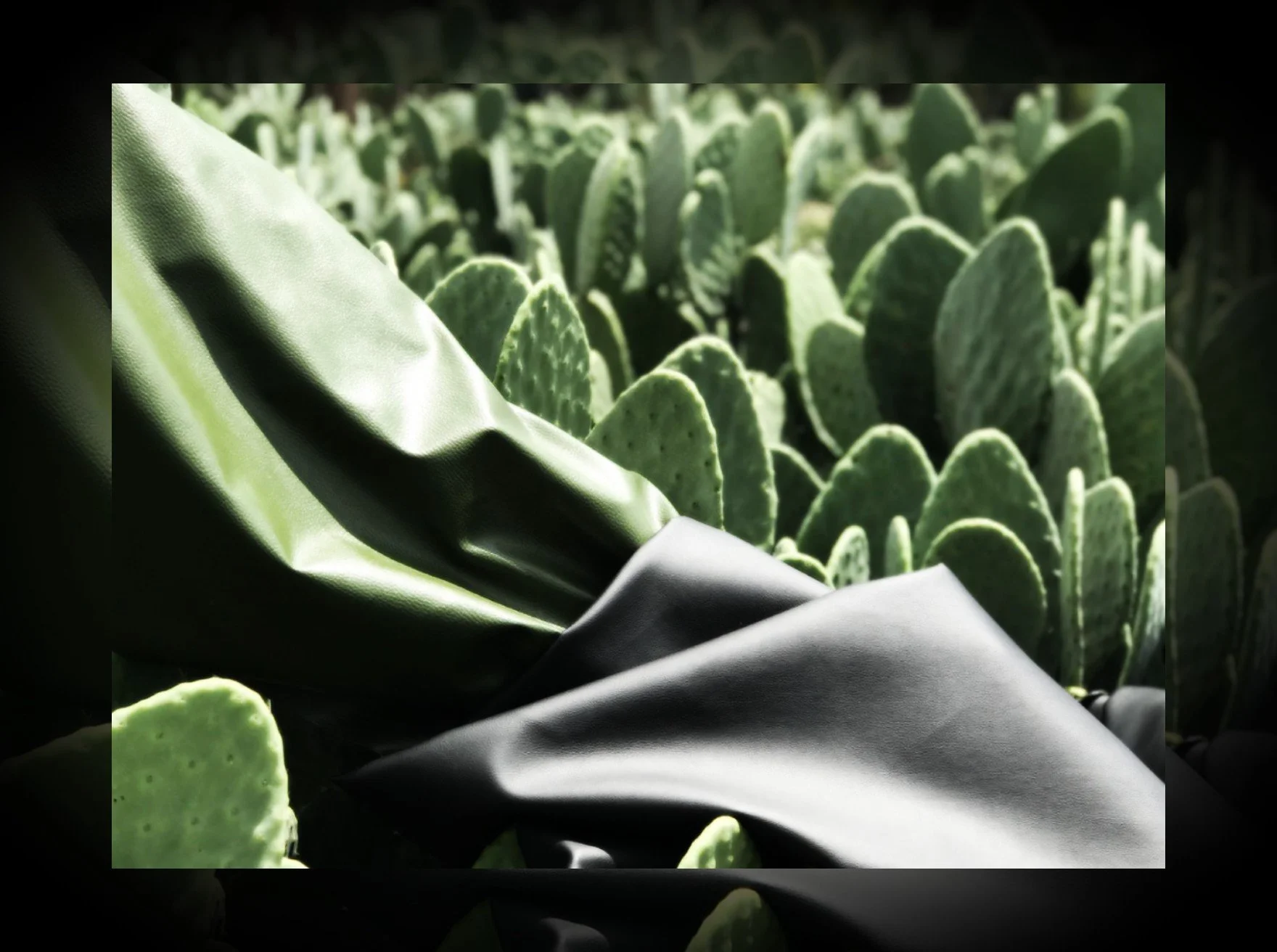A few weeks ago, I had the absolute honor and privilege of virtually attending the Global Fashion Summit. I enjoyed this event because it’s a place where like-minded individuals join to discuss innovative methods of reversing the environmentally destructive ways of the fashion industry. Industry stakeholders from all backgrounds and levels of expertise ascended Copenhagen with an agenda of pushing the needle toward net positivity through collaboration, impact, sustainable innovation, education, and of course policy and regulatory initiatives.
Currently, the fashion industry is responsible for about 10% of carbon emissions and pollutants pouring into our atmosphere, with a predicted increase to 26% by 2050. This massive carbon and environmental footprint will only be reduced by real behavioral changes by brands and consumers. No longer are cheap synthetic materials made in warehouses with little to no regulations and by underpaid workers acceptable. The fashion industry must come to terms with the fact that approximately 85% of non-biodegradable textiles end up in landfills each year due to overconsumption and lack of end-term waste or circulatory solutions. CEOs, retailers, manufacturers, and producers are being held to task when it comes to taking actual steps towards a sustainable transition.
Major TakeAways
The Panels I enjoyed the most covered topics relating to alternative materials - The Bio-Design Futures and Fibre Futures. Discovering alternative biomaterials always piques my interest because I believe sustainable materials paired with amazing design and affordability will truly change the trajectory of the adverse impact caused by the fashion industry’s reliance on fossil fuels.
From the panel, I was introduced to Innovera material, which is an alternative leather material made from plant proteins, biopolymers, and recycled rubber; as well as Phycolabs, a company from Australia creating seaweed-based fabrics solely from cultivated seaweed. Speakers spoke at length about how important it is to make these alternative materials accessible, affordable, and attractive for consumers so that they may truly stand a chance at marketability. I think it is important to mention that none of the speakers considered alternative materials to be a direct competitor of conventional materials, but rather to be placed in its category with its own regulations to support it and/or protect it. High-quality and sustainably produced alternative biomaterials can coexist alongside their conventional counterparts.
Policy regulators expressed the importance of legislation that would outline parameters for a sustainable transition. EU Parliament Member Rasmus Nordqvist spoke specifically about the positive outcomes that true transparency for consumers could lend. And contrast, how greenwashing and the abuse of buzzwords could diminish credibility and progress.
Lastly, during the Fibre Futures segment, panelists spoke at length about material traceability and post-consumer waste. The overall goal here is to prevent synthetic fibers and textile waste from ending up in landfills causing even more harm and detriment. Many environmentally conscious producers are hoping to bridge the gap and drive adoption with sincere materials free of pollutants and harmful dyes. Brands like Haelixa, are adding natural [DNA] to fabrics which will “…verify the origin, quality and ethical production of any textile fibre”. Through partnerships with other brands, this traceability technology will garner trust from consumers, as well as impart knowledge of an item’s authenticity and its circularity potential.




